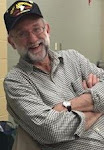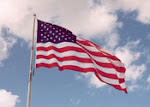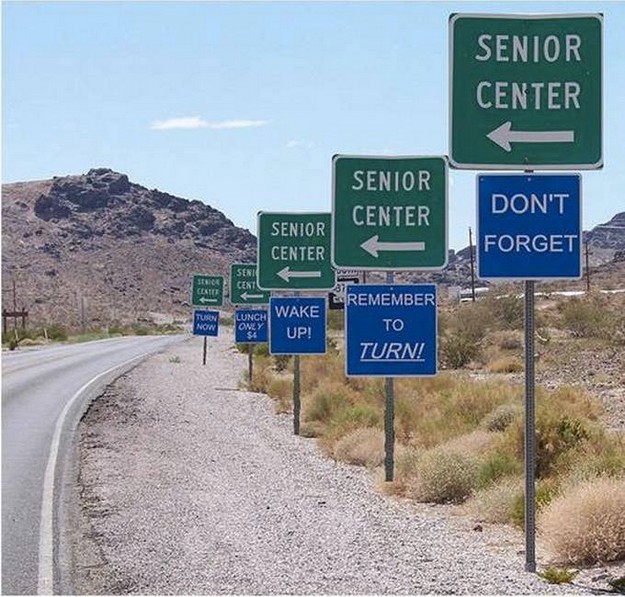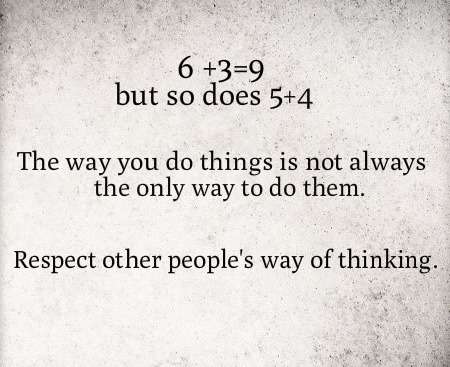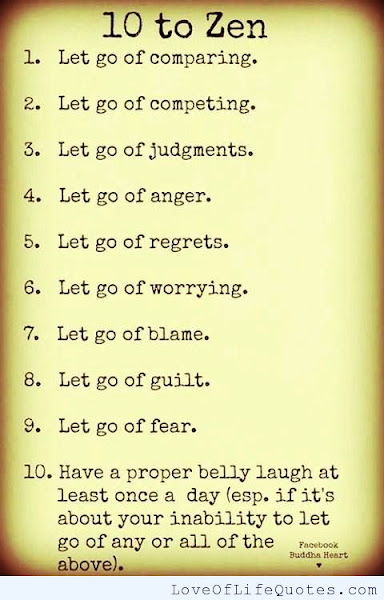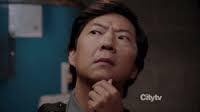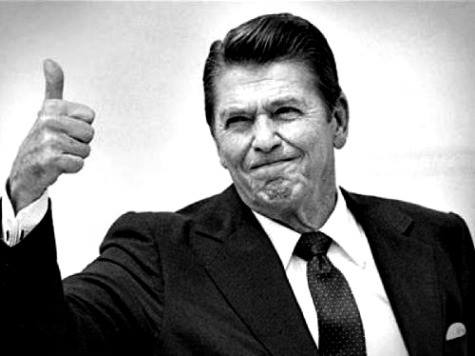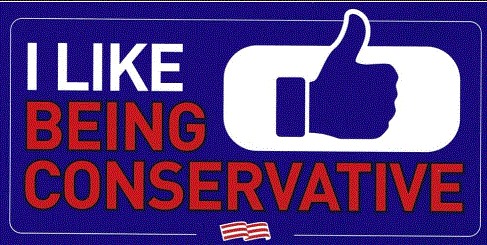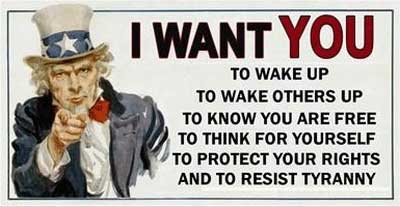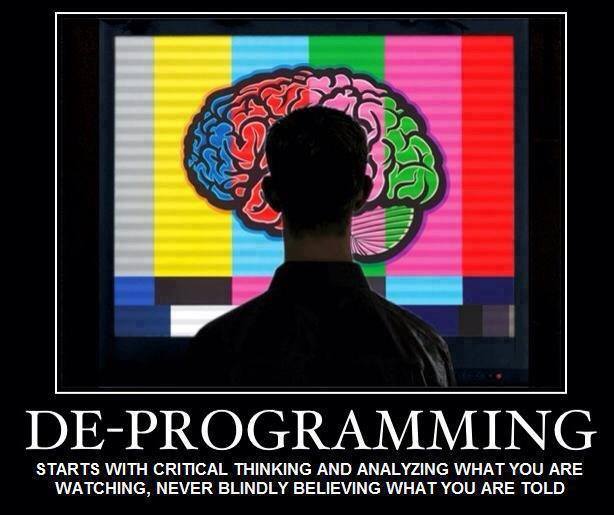Monday, November 21
The Muslim Brotherhood in America
"The general strategic goal of the Group in America which was approved by the Shura Council and the Organizational Conference for the year (1987) is "Enablement of Islam in North America, meaning: establishing an effective and a stable Islamic Movement led by the Muslim Brotherhood which adopts Muslims' causes domestically and globally, and which works to expand the observant Muslim base, aims at unifying and directing Muslims' efforts, presents Islam as a civilization alternative, and supports the global Islamic State wherever it is."
"In order for Islam and its Movement to become "a part of the homeland" in which it lives,"stable" in its land, "rooted" in the spirits and minds of its people, "enabled" in the live of its society and has firmly-established "organizations" on which the Islamic structure is built and with which the testimony of civilization is achieved, the Movement must plan and struggle to obtain "the keys" and the tools of this process in carry out this grand mission as a "Civilization Jihadist" responsibility which lies on the shoulders of Muslims and - on top of them - the Muslim Brotherhood in this country.
Understanding the role of the Muslim Brother in North America:
The process of settlement is a "Civilization-Jihadist Process" with all the word means. The Ikhwan must understand that their work in America is a kind of grand Jihad in eliminating and destroying the Western civilization from within and "sabotaging" its miserable house by their hands and the hands of the believers so that it is eliminated and God's religion is made victorious over all other religions. Without this level of understanding, we are not up to this challenge and have not prepared ourselves for Jihad yet. It is a Muslim's destiny to perform Jihad and work wherever he is and wherever he lands until the final hour comes, and there is no escape from that destiny except for those who chose to slack.
On the General Strategic Goal for the Group In North America
5/22/1991
Document in Arabic followed by translation into English on page 16
Click here
Friday, November 11
Veterans Day Speech
Text of speech:
`Of all the titles in the world, the proudest one is veteran, because it refers to an individual who is willing to give up everything for his country. A veteran is someone who is or was a member of the Armed Forces of the United States, either the Army, Navy, Air Force, Marines, or Coast Guard. A veteran takes an oath to defend the United States Constitution from all enemies, foreign and domestic; in other words, both home and abroad.
When I look back at the great experience of my life as a soldier in the Vietnam war, I have come to realize and appreciate the sacrifices of those men and women who served in the military of our country, the greatest country in the world. Our military is the backbone, the strength of our country. Our military carries the biggest responsibility to protect our country and defend our freedom. But freedom isn’t free; it comes with a price.
I served in the United States Army during the Vietnam war which is the longest war in our nation’s history. It lasted 20 years. It officially began in 1955 and ended in 1975, although the U.S. military was withdrawn in 1973 after a peace treaty was signed.
You may wonder why we were in Vietnam. An attack on freedom anywhere is an attack on freedom everywhere, including the people who live here in the United States. Also, the U.S. had treaty obligations to combat the threat of spreading communism in Southeast Asia, where Vietnam was located.
After 4 months of training, I was sent to Vietnam, which is over 8,000 miles from Chicago. I served one tour, one year in Vietnam, with the Army’s 101st Airborne Division. It was the toughest year of my life. I never considered myself the best soldier, but I served with the best.
My father was a veteran. He felt a sense of duty after the Japanese viciously struck the U.S. Navy in a surprise attack at Pearl Harbor in 1941. Dad enlisted in the Navy when he was just a teen and served in the Pacific in World War II. After returning home from the Navy, he returned to fight the war by enlisting in the Army. Imagine that, serving in both the Navy and the Army during a time of war! No wonder our World War II veterans are often referred to as the “greatest generation”! Dad witnessed the tragedies of war first hand, but rarely talked about the war. But only once, he mentioned the horribleness of the smell of death. Dad passed away in 1996, and I will always think of him as a hero.
My cousin Gary Wayne Holbrook was also in Vietnam before I served. He was a Marine, a “jarhead” as we Army guys would call Marines. There’s a friendly rivalry between the military branches. Gary wrote this letter home to his minister, which summed up his thoughts while in Vietnam. Gary wrote:
“I guess that most people getting letters from the men in Vietnam would like to know a little about what it’s like over here. This is the way I think about Vietnam. The mountains are beautiful, even if they are Vietnamese mountains, and the water in the rice paddies is so clear you can see yourself in them. The sun is like a great light that never stops letting you know that it is on the job. And at night, the beauty of this far eastern country is unexplainable. That’s what Vietnam appears to be like.
Only God and the men that are over here giving up their lives truly know what Vietnam is like. To them, it is always hot, wet, muddy, and above all lonely. All the outward beauty that pertains to Vietnam’s landscape and Vietnamese people is just a falsehood which hides death and destruction behind every bush or from the vast low banks of the lonely green paddies.
During the day, the sun is shining brightly above and sending life to this jungle terrain. The fighting man must be leery because from those beautiful green lands and jungles there are those who would take his life if given the chance. During the night when all is still and peace seems all around you, once again you find the American fighting man awake and waiting, for during these hours of blissful peace is when the enemy takes advantage of our fighting men; for at these beautiful times, he sometimes lets his mind wander back to his loved ones far across the ocean.
He asks himself, “Is it worth it? Being over here amongst all this beauty which is only a front for death? Is the price of peace and happiness for his loved ones too dear to pay with his life?
All these questions and many more run through these brave men’s minds, and there is still the same answer: with God on our side and us being a free people and believing in him, He will stand by our side no matter what the price. For I am an American man and will do my best to serve my God and my country.”
Gary was killed in Vietnam. He was 21 years old. His name is on Panel 37 E Line 84 of the Vietnam Veterans Memorial in Washington D.C.. The memorial has a nickname. It’s called the Wall. It’s not a war memorial but a memorial to those who served in the war, both living and dead. Those whose names are etched on the Wall are those who gave the ultimate sacrifice, their lives.
Many of those whose names are on the Wall are buried in national cemeteries or hometown graves. Many did not come home at all. All the names on the Wall , they gave their lives for their country, our freedom, and our quality of life.
There are other names on the Wall that I know:
29 year old Berner E. Davidson, and 20 year old Jeffrey J. Klaves, were killed in action on April 29, 1970 when their helicopter crashed after being shot down. My platoon recovered their burned bodies. It was only years later that I discovered their names through the internet.
Robert M. Boles, a staff sergeant who was a career soldier and my platoon sergeant died when a grenade exploded near his night defensive position. He was 27 years old.
Earl Edward McCarty, was our point man in Vietnam. He volunteered to walk point, which was the first soldier in line walking toward the enemy. He was a rodeo rider from Wyoming, who was as tough as they come. At times we often shared a “hootch” together; that’s a makeshift tent in the jungle. He died in 1971 when the bunker he was in was hit by artillery fire. Eddie was only 20 years old.
These men have not died in vain if we remember and honor their courage and sacrifice. They and the many thousands of names on The Wall have a special message for all Vietnam vets who returned to “The World”; Their message to their fellow vets is: “I’m glad that you made it back.” Their message to ALL Americans is, “It’s you who I was fighting for. I want you to continue to live in freedom.”
Many combat veterans came home missing arms, legs, hands, and feet. Many of them came home with invisible injuries: pain, sorrow, and guilt. The guilt was from being able to come back home while many of their friends and fellow soldiers did not.
Remember the great courage that veterans displayed in choosing to accept their country’s call to serve. 2/3 of the men in Vietnam were volunteers. Not all of them served in combat but everyone contributed. All gave some, and some gave all. Let them be an example for your life and pass down their memory to future generations.
Duty, service, sacrifice. That’s what it means to be a veteran. This is why we celebrate this day to honor all military veterans. Never take your freedom for granted. Freedom is not free. Never forget that, or the debt that we owe all of our veterans. Thank you, and may God bless our veterans and our country.`
Subscribe to:
Posts (Atom)
